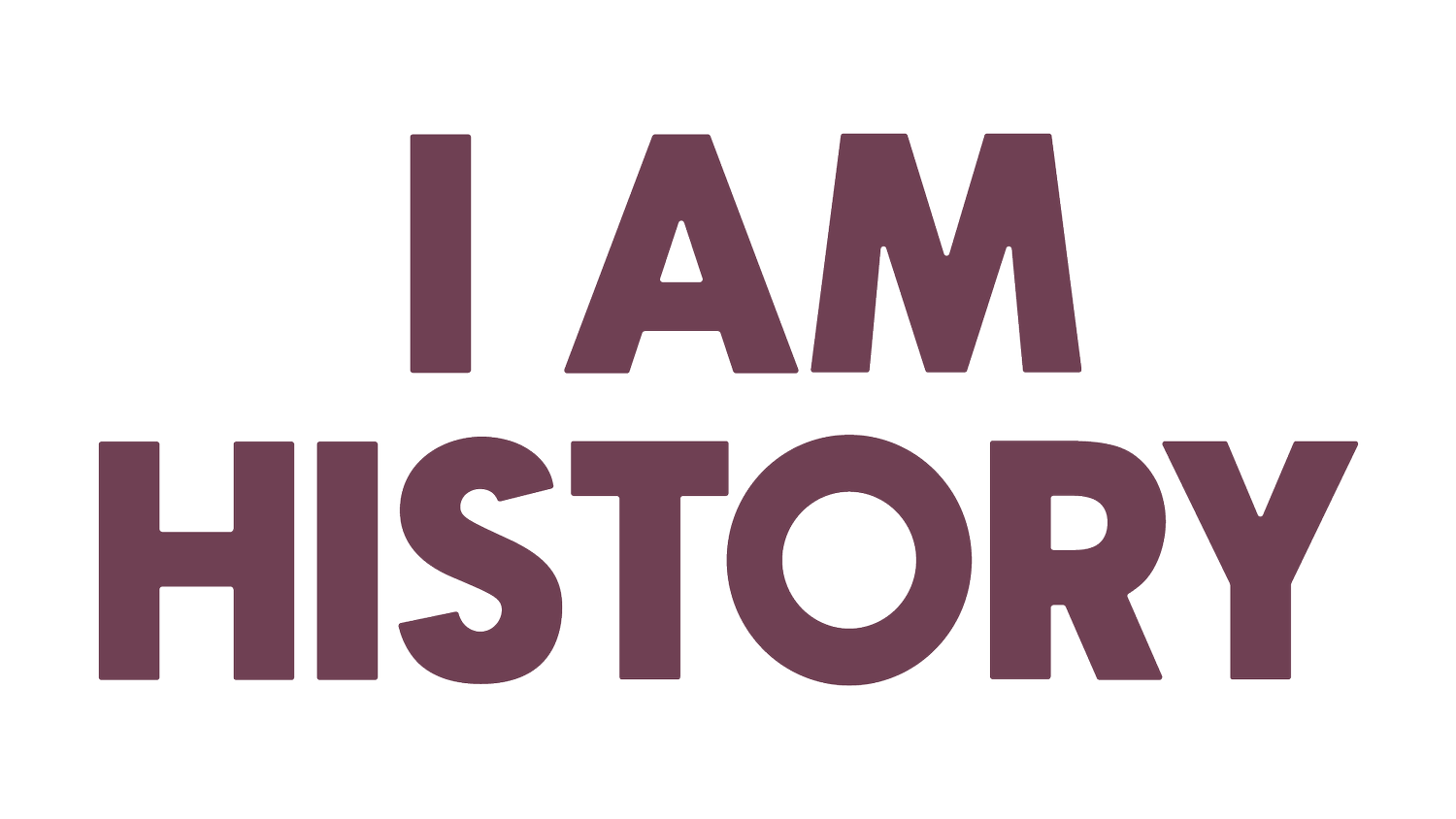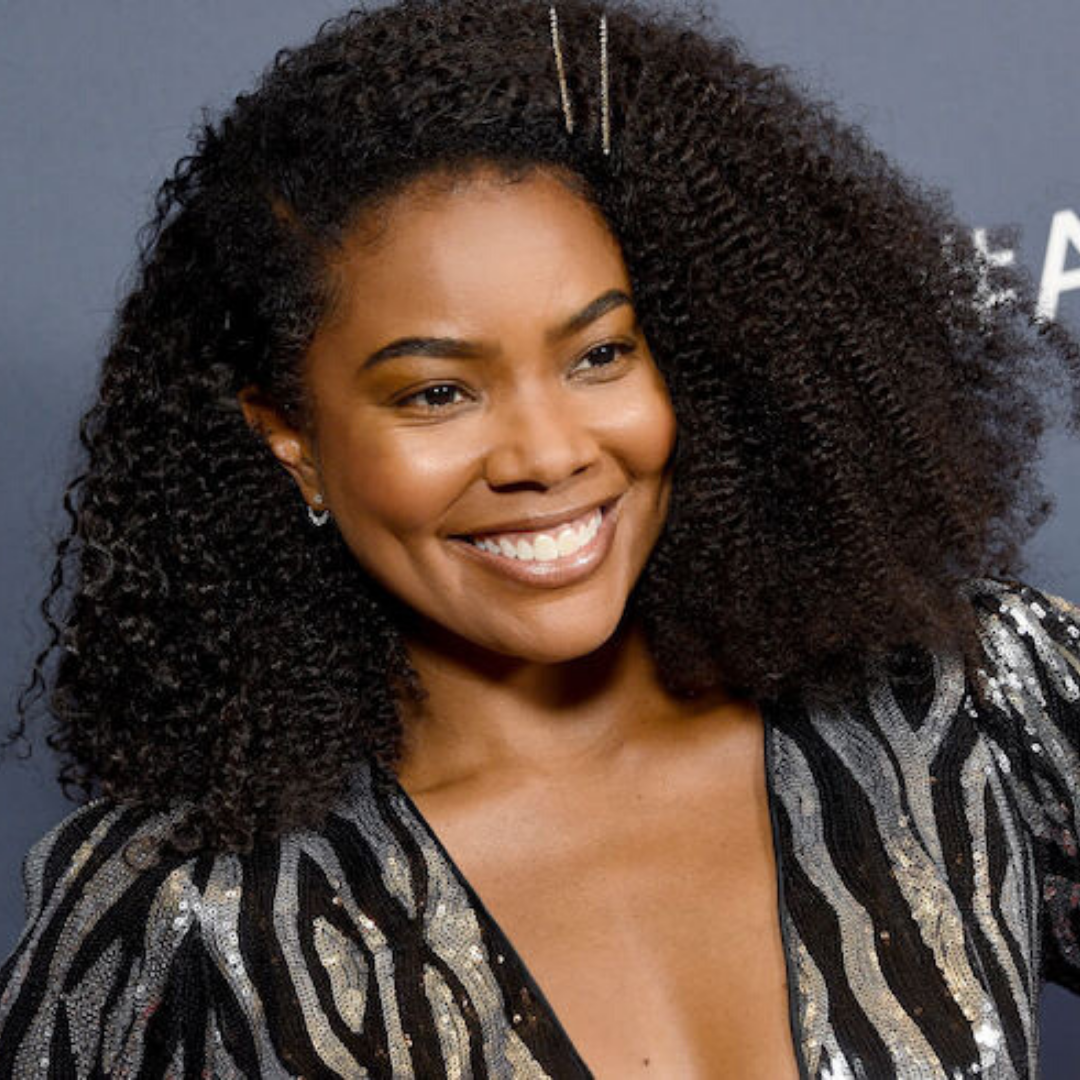Why Black Panther Was Always Going To Be A Hit
It’s been a year since the record breaking blockbuster Black Panther hit our screens. And let’s be honest, it was always going to kill at the box office. We were never going to sit this one out in wait of the next black superhero film to be released. So like a call to action, in kente or not we showed up and were entertained. Ryan Coogler’s Black Panther is a masterful creation - so deserving of all the awards, his afro-futurist world was the extravaganza we hadn’t imagined but hoped for. Black Panther is funny, poignant, packed with action and has breathtaking visuals; it is an exhilarating watch. Audiences of all races applauded as the credits rolled for Coogler’s black narrative steered by a captivating all black cast. As we departed the cinema screens worldwide, conversations about the significance of what we had just seen in the mainstream began.
The resonance for the community was a much needed and healthy dose of incontrovertible black pride, female empowerment, ancestral insight and the phrase “Wakanda Forever”, became a solid sentiment. We needed this.
The Origins of Black Panther
In 1966 Black Panther was introduced into the Marvel comic Universe by Stan Lee and Jack Kirby. It was a purposeful and powerful counter statement during a time when African Americans were living within the fragility of the Civil Rights Act of 1964 and Africans and Caribbeans in the infancy of independence from European colonialism. Lee saw black people’s struggle and fight for equality but he also acknowledged the contributions they made to society, science , journalism, politics... He hated racism and bigotry, the idea of generalising a group of people infuriated him; he celebrated differences, embraced the outsider and made them superheroes.
Black Panther & the Paradigm Shift
Only as a minority can you truly understand the importance of positive representation. We have become accustomed to dealing with either the subtly or blatantness of under representation raising its ugly head on a daily basis. But for a couple of hours we indulged in the marvel of a black Superhero who is also the respected King of Wakanda. Marvelled in the splendour of his home; a wealthy technologically advanced African nation, never to have been colonised (Wakanda flourished because of this). Fixated on the beautiful Dora Milaje - an elite female powerhouse of warriors revered by men. And watched a cast that fully represented, share an abundance of intelligence and wit. Is there really any wonder why we soaked up all we could from this film, as we would the sun on the last day of summer?
2017/2018 must of had studio Heads yelling “plot twist!” Girls Trip, Get Out, Crazy Rich Asians and Black Panther have all topped the box office over the last couple of years because minority stories matter. Importantly, these stories need to be written by us for true authenticity and relatability. And as only dollars make sense in Hollywood, the paradigm has now got to shift in our favour. This is a great time for aspiring black writers and directors, representation in cinema and television (Big Little Lies being a huge success with an all female lead cast) cannot be denied. To be clear we are not looking for diversity, as Riz Ahmed said diversity “is the fries not the burger.”
Integrating black characters in culture, normalising their presence in the everyday world would subconsciously provide us with the kind of assuredness one could only assume a middle aged white man would possess. The impact of seeing a black superhero for a young black child allows him/her to dream and dream big.
Anything becomes possible.






